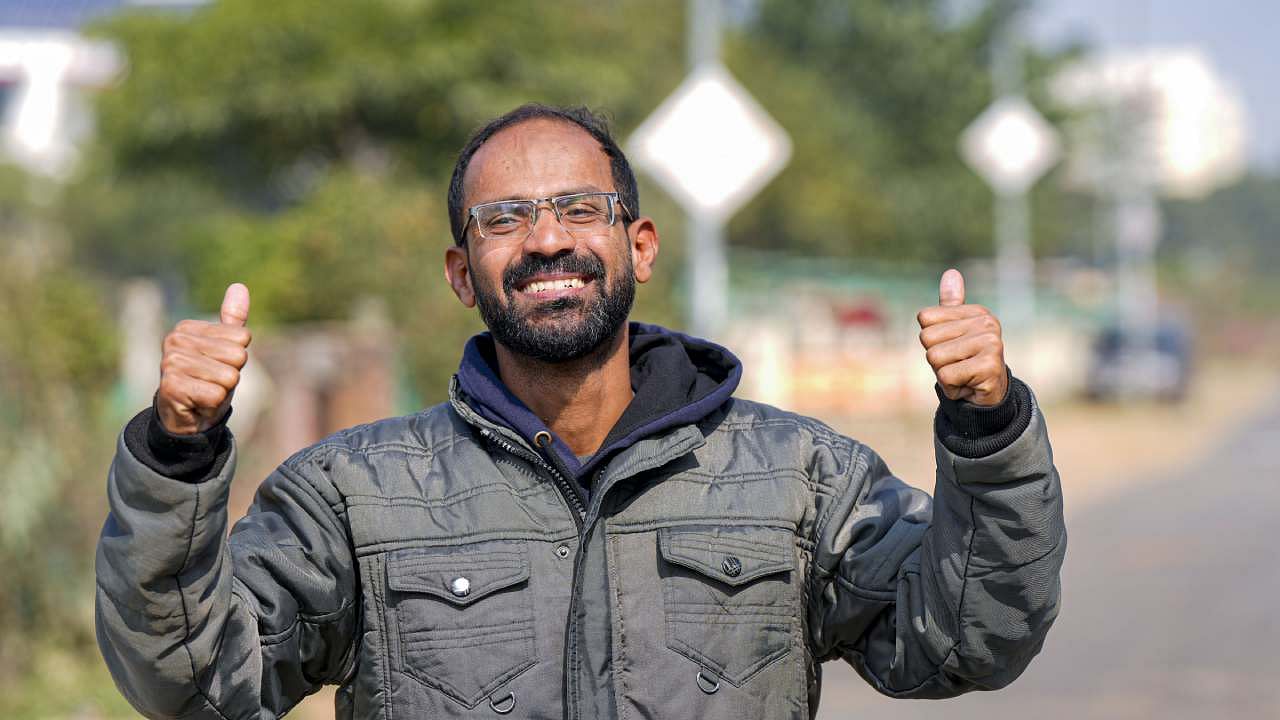
The release of journalist Siddique Kappan from jail after 845 days in captivity may be considered a testament to the victory of the citizen’s rights over the callous disregard of these rights by the ruling establishment. It may be true that the Constitution has prevailed and the law that puts a premium on the freedom of citizens has finally won, but Kappan’s example raises many uncomfortable questions, too. Kappan may be remembered more for the struggle that a citizen had to wage against a State that was bent on punishing him for no fault of his but for reasons driven by prejudice and malice and validated by no law. It was not just the legal rights of the man as a citizen and a journalist that were disrespected and violated, but the basic human rights that any person is entitled to were disregarded.
Also Read | I struggled but happy that justice served, says Siddique Kappan after coming out of UP jail
The travails of Kappan bear repetition for the unreasonable and persistent persecution that he had to undergo. He was on his way to cover the rape and murder of a Dalit girl in Hathras in UP, which had shown the state police in poor light and in possible collusion with the accused persons. He was arrested while on his way there and charges under some sections of the most draconian laws on the statute book — the Unlawful Activities (Prevention) Act and the Prevention of Money Laundering Act — were slapped on him. His bail petitions travelled through many courts, including a Mathura court, a Lucknow sessions court, the Allahabad High Court and the Supreme Court. The Supreme Court granted him bail in September last year. But it took months again for him to get bail from the Allahabad High Court. He had friends and colleagues in the profession who supported him in the knowledge that he was being falsely implicated, and he had good legal support. Even with such support, he was forced to waste more than two years of his life in jail.
If a person who had such support had to struggle so much to secure his freedom when “bail, not jail”, is considered to be the guiding norm, what is the fate of persons who have no support? Such people are in the thousands to one Kappan. There are thousands of people in jail who are unaware of their rights or unable to press them, wasting many years of their lives in jail. Every prisoner who does not have a patron or financial support is also mistreated in jail, as Kappan himself was. This continues even after the Supreme Court has said that “deprivation of liberty even for a single day is one day too many.” That is why Kappan becomes a speaking question to democracy.